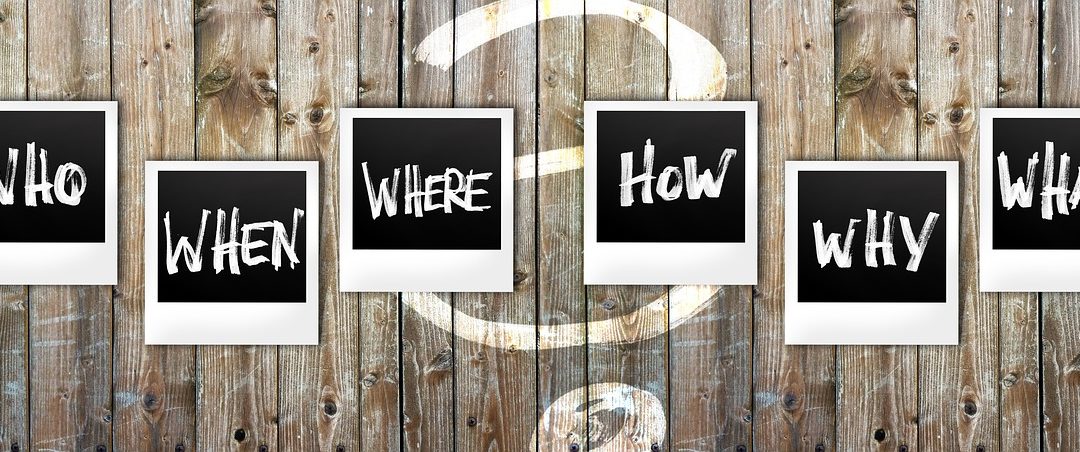I was a freelancer for years. I made most of the mistakes in the beginning. Who knew? I’m going to make it a tad easier for you. Here are some mistakes to avoid:
- Not Studying the Market. BIG mistake. You need to read at least the last 6 issues of any magazine or newspaper you’re intending to write for to determine their style. You also need to be sure that the topic you want to query about hasn’t been done in the recent past.
- Not submitting the proper materials. Editors are busy. They don’t have time to read everything you submit. Check their submission requirements and stick to them. If they want a query, be sure that’s all you send, not a full manuscript.
- Not sticking to the word count. If an editor assigns a story to you of 400 words, don’t write 1,000. When I was an editor, that made me crazy! It isn’t up to the editor to figure out what 400 words to use, if that’s even possible. Never go under or over 10% of the word-count requested. If you do, you may be rejected. If you have a nice editor who has time to help, they may guide you along. That doesn’t happen often, but when it does, you’re lucky. Learn all you can.
- Not submitting properly. If the editor want electronic submissions, great! Most do these days. But if an editor says they want printed manuscripts, send the printed manuscripts.
- Not getting the editor’s name right. I once had an editor named Beverly. He was a man. So, if my salutation in the query said, “Dear Ms. Brown,” that wouldn’t help. The best way to avoid making that mistake is to type, “Dear Michael Green,” or whatever. Use the full name, and you can’t go wrong.
- Not checking the guidelines. Always do that!
- Not sending the right content. Never send an article or query about camping if the magazine is political. You’ll be in the round file before lunch!
- Not using the correct voice. This is another reason to read the magazine you want to send out to. You need to know the tone of the magazine before submitting. Don’t use a colloquial voice when a serious voice is required.
- Not proofing your manuscript. Be sure that your punctuation and grammar are right on. That’s easy to do. Run the spell checker! And if you’re still unsure, have a copy of the right style guide beside you — AP (newspapers) or Chicago (articles and books).
- Being impatient. Sometimes, it can take months before your query comes back to you. DO NOT call the editor. When you do, you’re lowering your chances! He or she doesn’t know YOU, they judge the work. If they like it, they will contact you when their timing is right. Or, they’ll ask you to send something on spec. (If it’s good, they’ll buy it.) This is OK for beginners. Or, worst case scenario, you’ll be rejected.
Rejection letters are learning tools. I kept every one of mine that an editor wrote on because it was helpful. But read, read, read writing books. I recommend Lawrence Block. His books on writing are wonderful! They have a sense of humor. And Stephen King’s On Writing is a great window into the world of a successful writer. I highly recommend that one, too.
And How to Write the Irresistible Query Letter by Lisa Collier Cool got me more jobs than I wanted. Be professional. The work will come to you, if you don’t make these simple mistakes.

